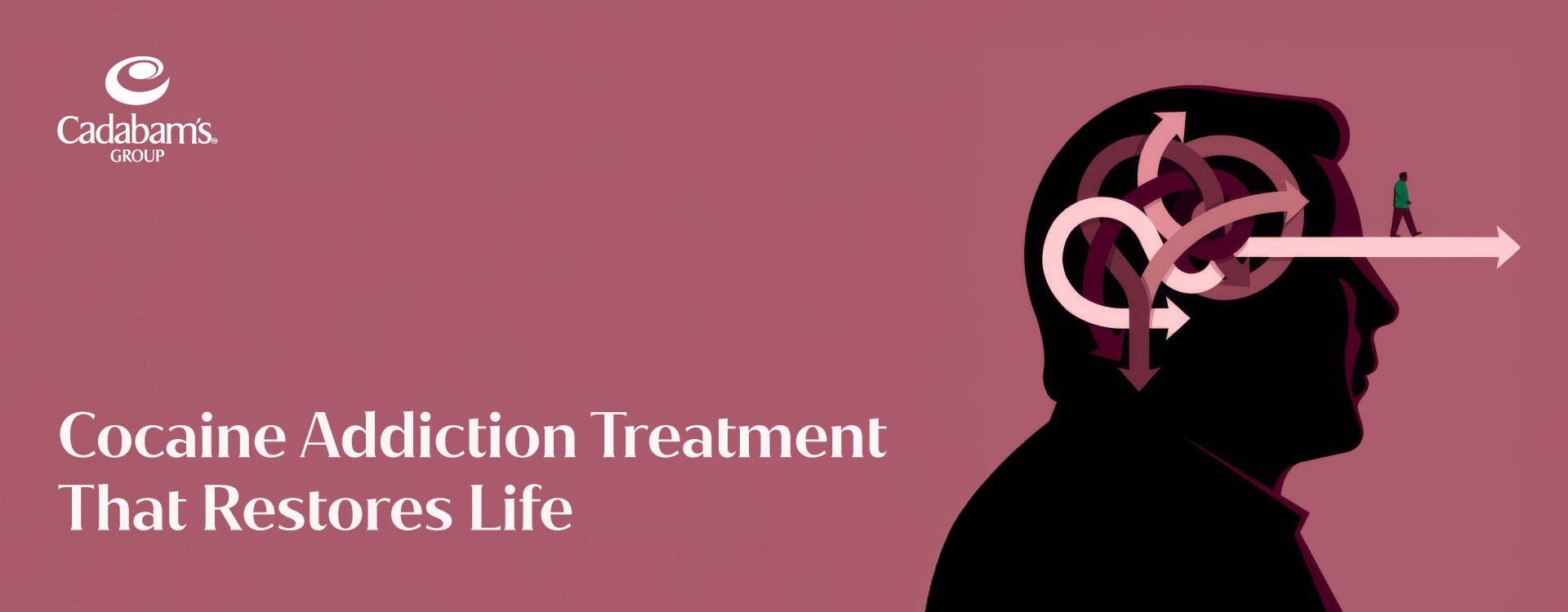For a vast multitude of drug or alcohol addicts the first step into a rehabilitation centre for de-addiction treatment amounts to a baptism by fire. It is indeed the most toughest and courageous decision of his or her life.
Ask any formerly addicted person about their experience, and he or she will surely tell you: it’s like being born again! Here’s how Rehabilitation critical to effective de-addiction treatment.
Things to know about Effective Addiction Treatment
- Unique rehab programmes
This underlines the crucial role that the drug rehabilitation centers play in the lives of addicted persons. But, just as no single individuals are similar, there can be no single rehab programme for all types of addictions. And, this places enormous responsibility on professionals and doctors at rehab centers to identify and address the unique problems of each patient, and prepare them for living a meaningful life, free from addiction.
- Bringing to rehab centre difficult!
There might be umpteen rehab centres around, but bringing an addicted person to one nearest to him or her is not always the easiest.
This becomes even more difficult when the person in question refuses to acknowledge his addiction problem. In many cases recalcitrant patients are forcibly brought to one of the rehab centres through a court order.
- Key to recovery
However, the key to an effective recovery lies in the hands of an addicted person alone. It calls for a total commitment and unflinching resolve on the part of the patient to come out of the addiction. Once that happens, it becomes much easier for both patients and rehab doctors and caregivers to expedite the recovery process.
- Willingness to change
Medicines and therapies can be effective only when the addicted person shows an explicit willingness to change his or her habits. This is easier said than done.
Long-term intake of drugs brings about drastic changes in a person’s behavior pattern. This is because drugs affect the brain of an addicted person and brings about drastic behavioural changes that take a long time and effort to reverse or get rid of.
This is one of the biggest challenges being faced by a rehabilitation centre while trying to help patients deal with their addiction problems.
- Choose the ‘Right’ centre
No wonder, it is important that a suitable drug rehabilitation centre capable of addressing the unique problems and needs of patient is chosen for undergoing de-addiction treatment and rehabilitation.
A good rehab centre should be able to convince patients and their families about its ability to provide the right kind of atmosphere for a patient to regain his or her normal life in a safe and healthy manner.
- Need based rehab centres
There are rehab centres that cater to specific needs of individual patients. Some rehab measures specifically address one particular type of drug addiction.
A few others are meant exclusively for either male or female patients, who feel more at home being among same-sex or same-age categories of people. Then, there is also inpatient or outpatient rehabilitation facilities at some rehab centres.
- Detoxification
Detoxification is the most important step preceding rehabilitation treatment of a drug addicted person. It involves freeing the body of addictive substances.
It is only after the ‘Detox’ treatment that doctors or caregivers at rehab centres initiate the recovery regimen. Initially, the patient is kept under observation for a week after Detox treatment before starting the rehabilitation programme.
- Attitudinal changes
What makes even starting the rehabilitation process such a difficult task is a patient’s constant denial or opposition to any kind of treatment. This brings us to the first crucial step of bringing about attitudinal changes in a patient.
The aim is to make him or her realise the imperative of undergoing rehab and make an honest effort towards changing his habit with the help of professional psychiatrists, doctors and nurses.
- Course of action
Once a patient realises the importance of rehabilitation, doctors and counsellors come into the picture. Their role is to chart a clear course of action for a time bound recovery of the addicted person.
It is then up to the patient to commit himself or herself to the rehabilitation goals and work towards that with the help of their near and dear ones.
- Educating on addiction
As part of the rehabilitation process, doctors and expert psychiatrists try and educate an addicted person about the need for giving up addictive substances.
They apprise him or her of the adverse ramifications of drug addiction on their health, particularly mental health. The idea is to motivate persons to change their old ways and begin afresh for a drug-free, healthy and normal life.
- Counselling important
For all their efforts at de-addiction, rehabilitation centres lay equal emphasis on individual counselling for patients, undergoing short-term or long-term treatment regimen. In case of some patients with severe addiction problem daily counselling is offered.
The counselling sessions help patients understand the root causes of addiction – emotional or psychological factors – and help address them though an effective treatment system for complete recovery.
Counselors also train patients to recognize factors that may trigger drug abuse in them and how to quickly come out of such a situation in future.
Contact Anunitha’s for Addiction Rehabilitation
Anunitha is a modern, well-equipped, de-addiction centre – a part of the Bengaluru based Cadabam’s Hospital, a multi-specialty psychiatric and neurology hospital.
It follows an innovative de-addiction and rehabilitation programme. The centre has evolved numerous therapeutic interventions for effective de-addiction and rehabilitation of patients.
It has also developed unique process and tools for sustained and well-managed care even after the discharge of a patient for reducing the relapses.
If you need more information about Drug Addiction Treatment or have any queries, visit us at Cadabam’s Anunitha. Alternatively, you call us on our 24/7 helpline number- +91 96111 94949.
.webp)







